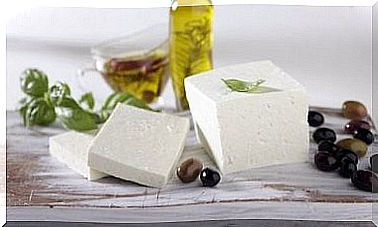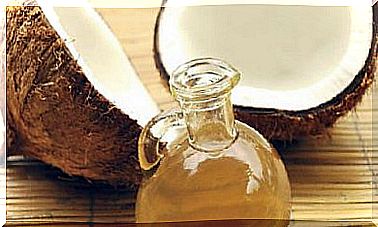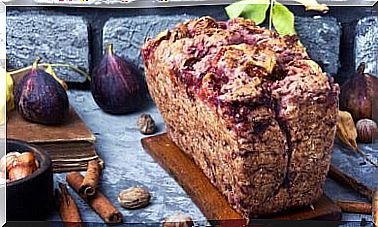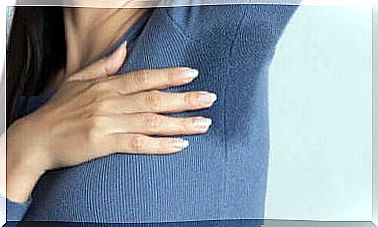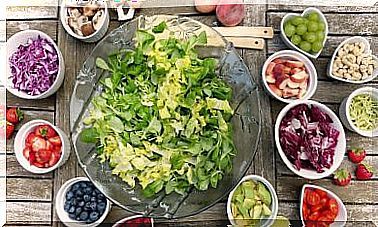Do Calories Turn To Fat?
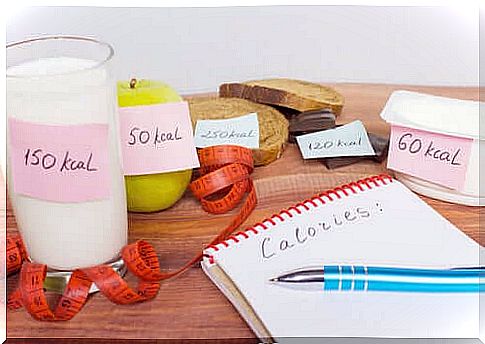
Until a few years ago, the energy value of a food and the belief that calories convert to fat were the focus of attention in weight loss diets. Energy balance was almost the only parameter to be assessed.
Today, we know that this is not the only aspect that must be considered. The type of food we eat, the main nutrients they supply us, the way our hormonal system responds or the time we spend between meals are other aspects that also have a significant impact on our body composition.
What are calories and what happens when we overdo it?
Calories are a measure we use to assess the amount of energy a food gives us. Calories give the body the fuel it needs to perform its vital functions and build structure.
After digestion of food, the energy they contain is released and used by different cells. Energy that is not used at that time is stored for later use:
- Our body’s primary stores of energy are muscles and the liver, which store energy in the form of glycogen.
- The other form of energy reserve is adipocytes or fat cells, in which the energy we don’t use accumulates in the lipid form.
That’s why we say calories are turned into fat, because when we exceed our body’s immediate needs, excess energy is stored in the form of fat.
However, a high percentage of adipose tissue can become harmful to health, as it is related to the appearance of metabolic problems, among others.
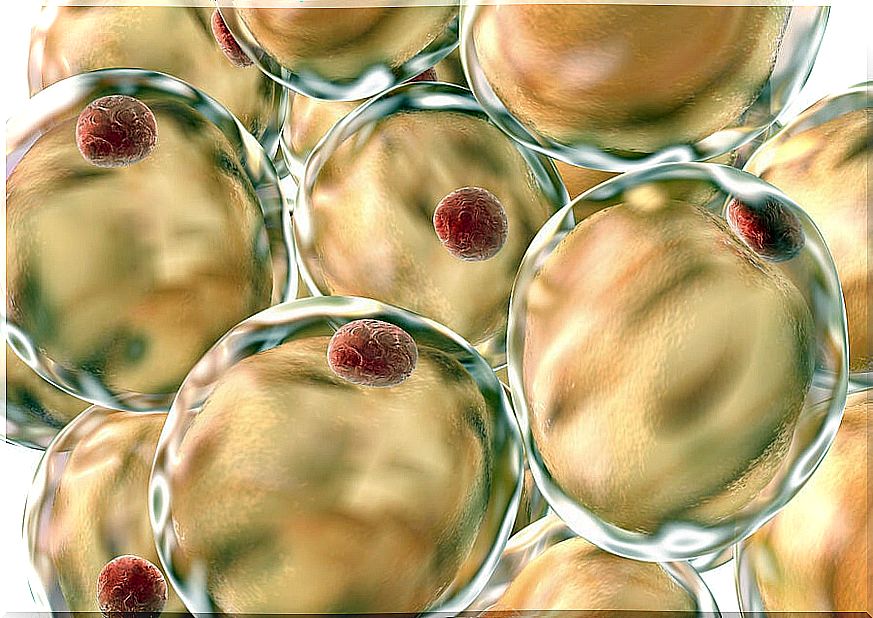
Far beyond calories: other things to keep in mind
Calories are one of the determining factors when it comes to diet and weight gain or loss. In reality, what we assess is that consumption and expenditure are balanced. However, there are other aspects that also come into play and are related to each other. Among them, we find the following:
Nutritional composition of foods
Calories don’t work the same way in the body if they come from different macronutrients. For example, proteins have a greater satiating capacity and a greater thermogenic effect than fats and carbohydrates.
On the other hand, according to the general composition of our daily diet, certain metabolic pathways are activated. It also affects how we metabolize calories and how they become fat.
Final calories that end up absorbed
We must keep in mind that sometimes we don’t absorb the full energy that a food gives us. There are factors that influence this aspect, such as the type of cooking the food has undergone and the state of our intestinal flora.
hormonal aspects
Calories give us energy, but the way we process and use all that energy is regulated by hormones. Any influence on our hormonal system will eventually change the way we use and store calories.
satiating effect of food
Not all foods satisfy us in the same way. The predominant nutrient in a meal or the way it is prepared will make us feel more or less full.
When the stomach is full, it sends signals to the brain that make it understand that we shouldn’t eat anymore. Therefore, the total calories eaten should be approximately the same at the end of each meal.
Calories Become Fat: A Matter of Quality
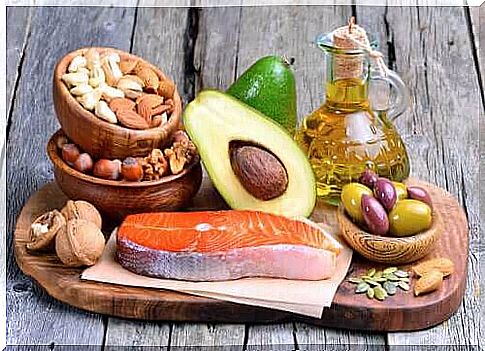
When we want to tackle a weight loss diet or want to put on weight, we tend to look almost exclusively at the amount of calories we eat. While this may be necessary on these specific occasions, we mustn’t forget about the quality of calories.
The same amount of calories will not have the same effect on our body whether they come from one type of food or another. It is important to evaluate the types of foods that are part of the diet. Today, we know that highly processed foods are directly related to:
- Increased risk of obesity.
- High pressure.
- metabolic problems
- High LDL cholesterol, among others.
Therefore, it is advisable to maintain an adequate dietary pattern in which fresh and unprocessed foods predominate, such as fruits, vegetables, whole grains, eggs, etc. In addition, we must occasionally consume industrialized dishes, snacks, cookies and sweets.
If we base our diet on foods from the first group, their impact on metabolism, satiety or thermic effect will be much more balanced than if we eat more from the second. This way, the excess calories will not become fat so easily. In the long run, this will benefit our health.
A caloric deficit is not healthy
So far we’ve seen how sometimes an excess of calories makes you fat, which can be harmful for us.
However, reducing caloric intake too much is also unhealthy. This is often done out of fear of storing up the calories we don’t currently burn, but it’s not recommended.
Insufficient energy supply also leads to a lack of other basic nutrients our bodies need to function and build structures, such as vitamins, minerals or proteins. This can lead, in turn, to mood problems, lack of concentration and lack of energy, among others.
Furthermore, in the long run and against what may seem logical to us, it can end up causing an increase in weight and fat. This is because the body becomes very economical in the face of scarcity. By not detecting food intake, he hesitates to burn accumulated fat to maintain some energy reserves.
Calories turn to fat, but the issue is complex
We need to stop thinking only about calories and start thinking about the quality of the food we eat, its nutritional composition and the way we cook it.
Furthermore, we must keep in mind that all of these aspects that influence our hormonal system, such as exercise, sleep and stress, also have an impact on how our bodies process and store calories.
